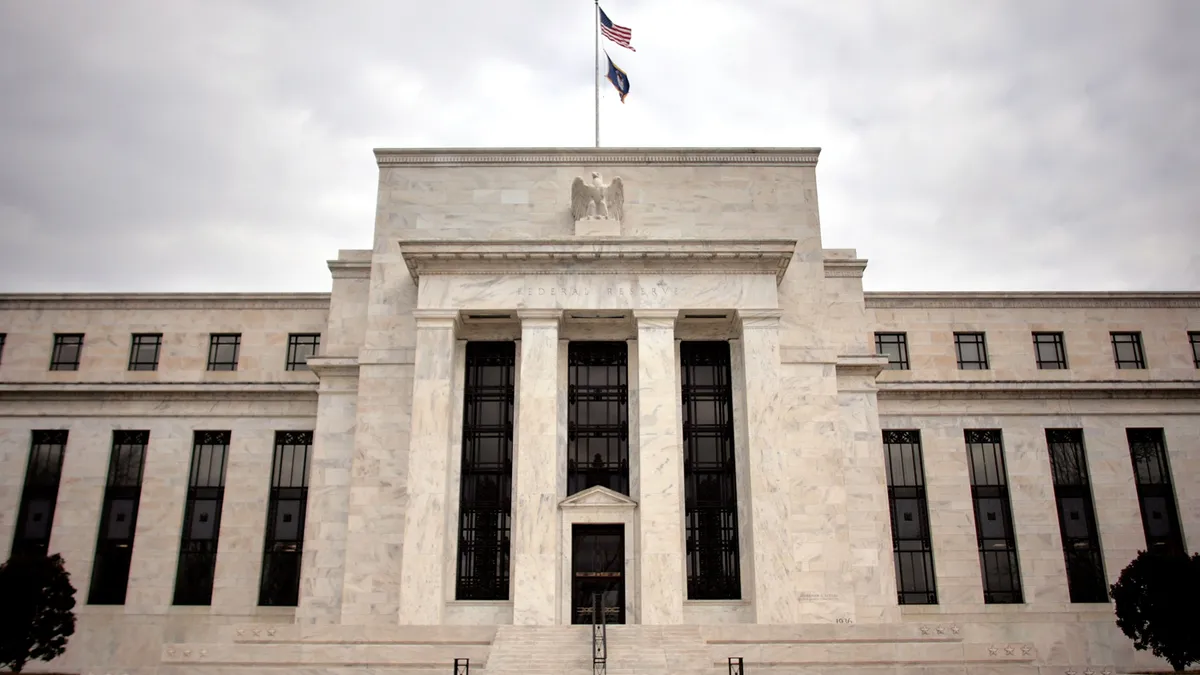The Federal Reserve Board told a North Dakota federal court this month that a lawsuit brought against it by retail associations in April over its rules for debit transaction fees seeks belatedly to rehash issues already settled by the D.C. Circuit Court of Appeals in 2014.
In a motion to dismiss the lawsuit, the Federal Reserve Board’s lawyers this month contended that not only are the North Dakota Retail Association and North Dakota Petroleum Association seeking to litigate settled law, they also argued the associations are doing so after a statute of limitations on their claims has elapsed.
“Plaintiffs’ claims in this case accrued in 2011 and are barred by the applicable six-year statute of limitations,” said the government’s motion to dismiss filed July 2 in the U.S. District Court for North Dakota. “Although plaintiffs assert various theories in an effort to escape the time bar, none are viable. The complaint fails as a result and should be dismissed.”
The back-and-forth happening in North Dakota is the next chapter in a decades-long battle over the fees that card issuers, networks and processors are allowed to charge when consumers use a debit card to pay for a purchase. The government underscores the importance of the question pending in the case by noting that debit payments are the most popular non-cash form of payment in the U.S.
The government contended in its filing this month that the plaintiffs' April lawsuit makes the same arguments put forth in a retail organization group’s lawsuit against the Fed in 2011. It also notes that the prior lawsuit was resolved in the Fed’s favor in 2014 when a lower court ruling was overturned by the D.C. Circuit Court. The U.S. Supreme Court subsequently declined in 2015 to hear any further appeal. At that time it was the National Association of Convenience Stores, National Retail Federation and the National Restaurant Association, among others, that were suing the government.
Despite arguments then and now in the lawsuits that the Fed exceeded its authority in setting limits for fees on debit transactions and acted in an "arbitrary" and "capricious" fashion in doing so, the central bank pointed out in its latest filing that the appellate court disagreed. The government’s filing cited that court ruling as saying that it must defer to the Fed’s “reasonable determination” with respect to determining the debit card fees.
If there is a reason to relitigate the question, the case should be returned to the court where the earlier case was considered, the Fed argued in its filing, saying “the fact that the rulemaking in question occurred in the District of Columbia weighs in favor of transfer.”
Lawyers for the retail associations didn't immediately respond to a request for comment on the government's court motion. A spokesman for the associations declined to comment.











